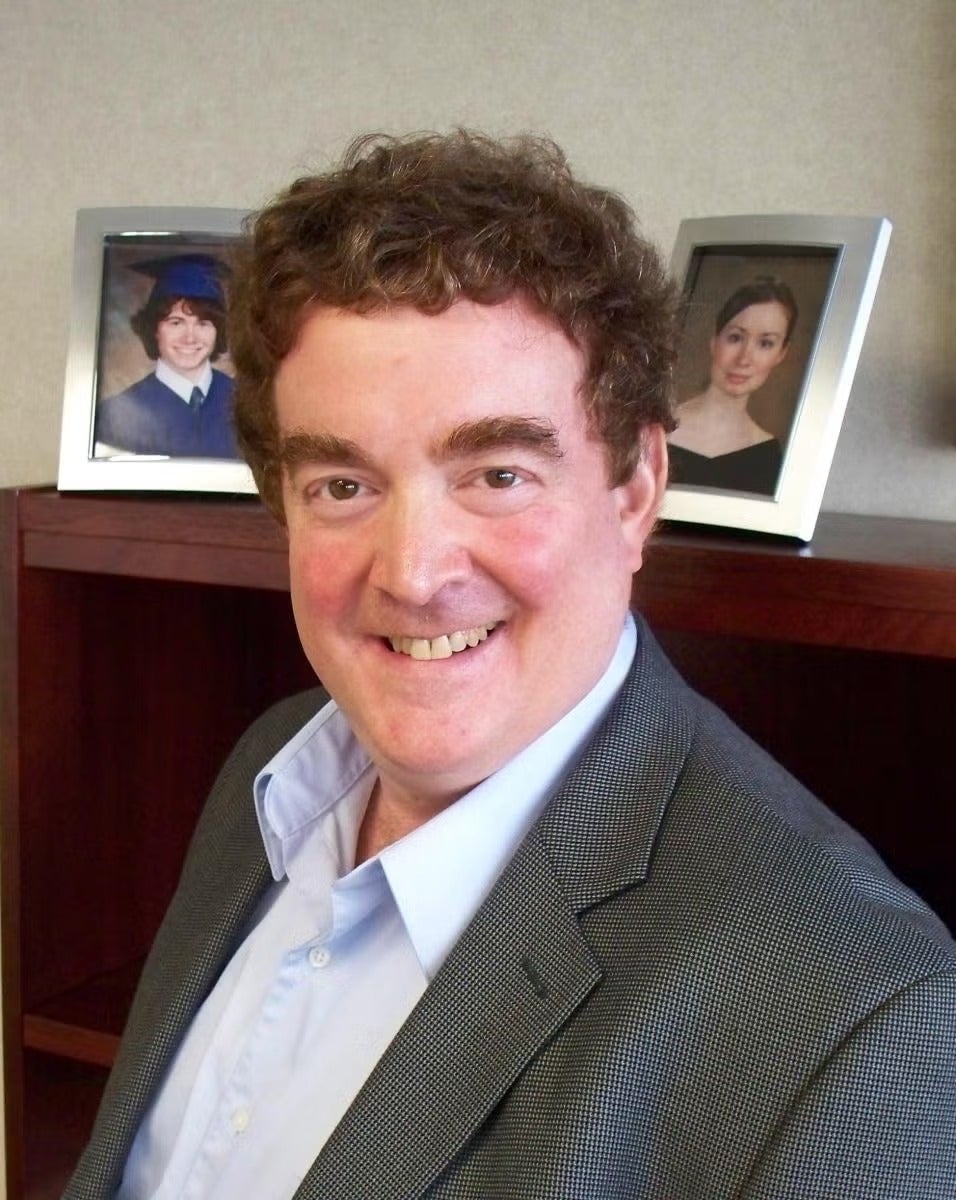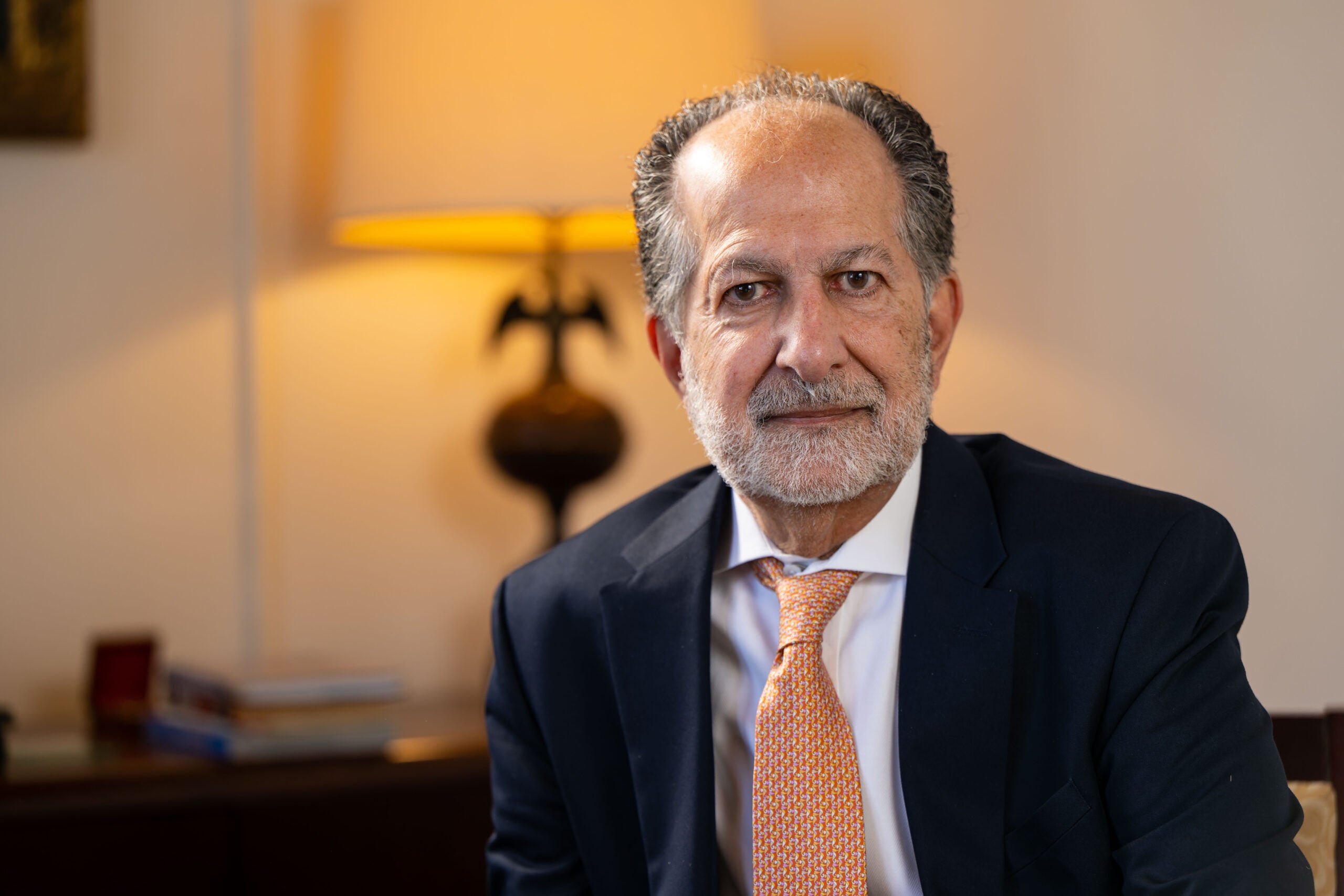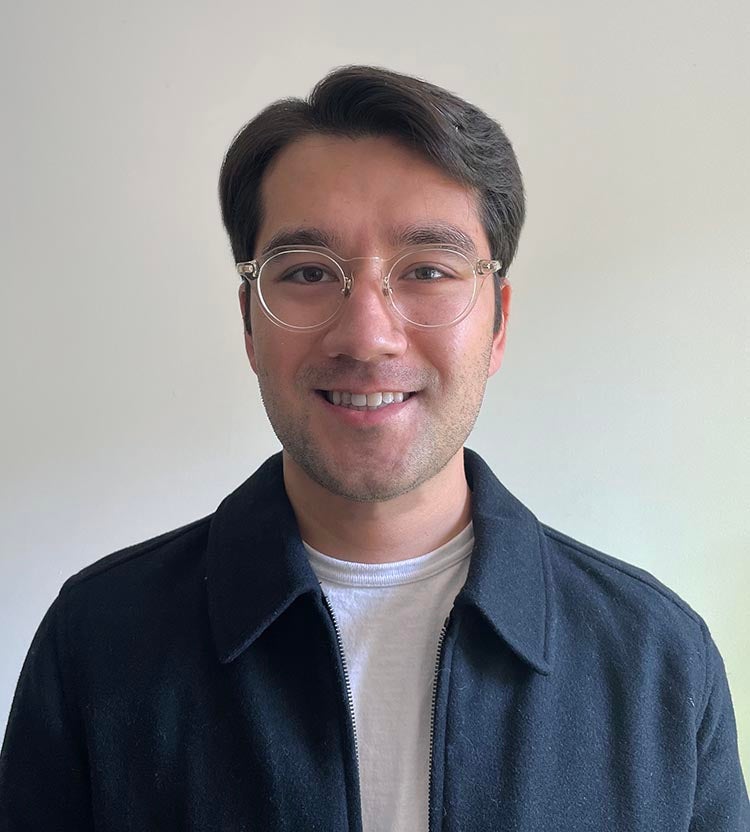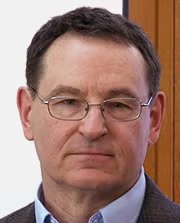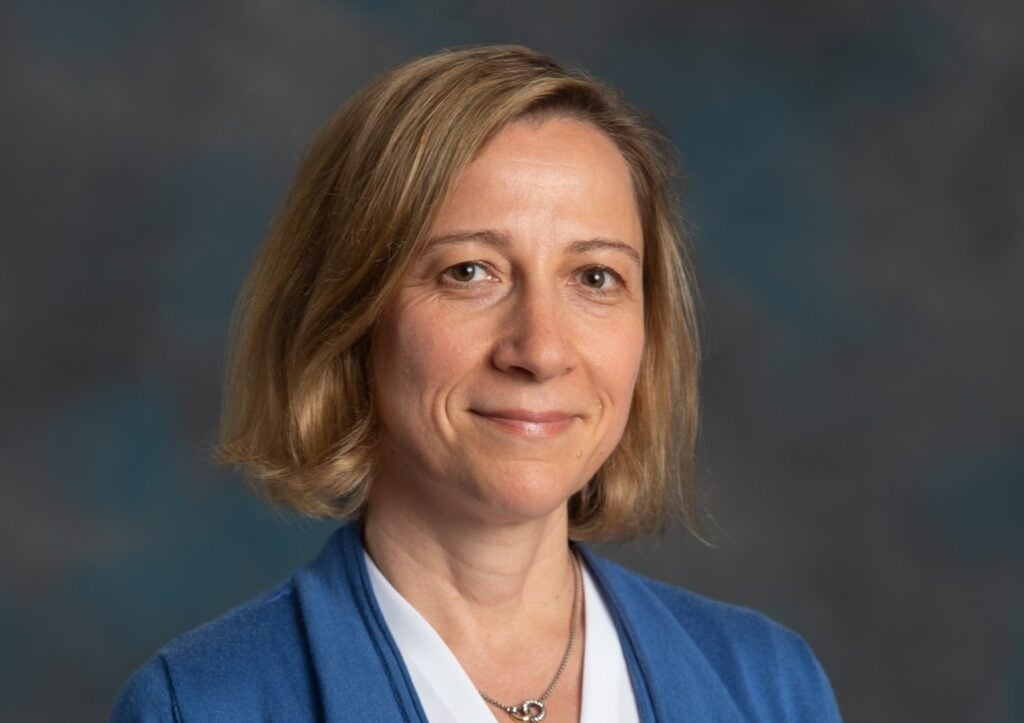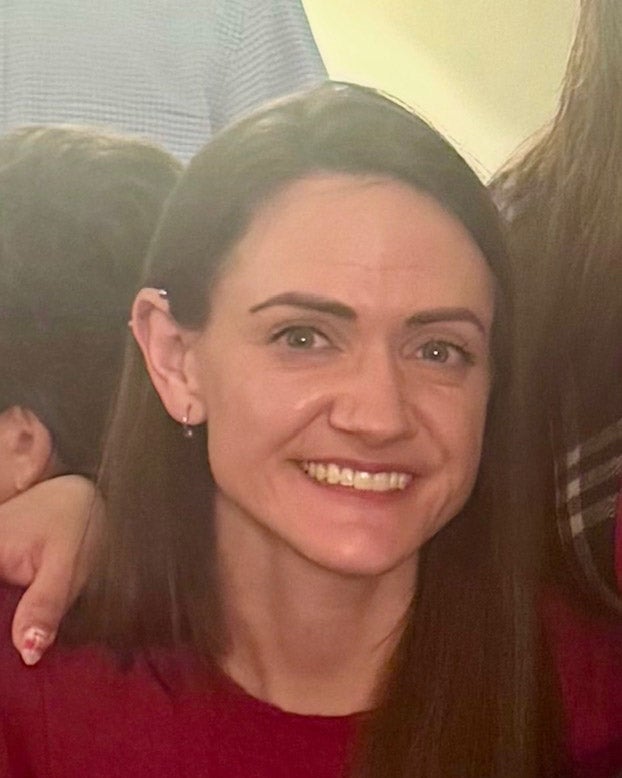Together, we develop solutions that address complex, global issues affecting human health, security and sustainability.
OSVPR’s team members are leaders in their respective fields. Together, we develop custom, innovative solutions to alleviate socio-technical challenges.
Our team
Scientific Advisor
Senior Vice President for Research & CTO
Senior Advisor
Senior Project Manager, Health Data Analytics Program
Lead Security Architect for Project AvesTerra and Avert
Director, Health Data Analytics Program
Chief Scientist
Data Analyst, Health Data Analytics Program
Vice President Office of Technology Commercialization
Data Programmer
“It’s exciting to work on innovative projects that align with Georgetown’s Jesuit ideal of being men and women for others, while also helping to solve thorny, real-world problems.”
– Mary Beth Fargo, Senior Adviser
If you’re curious about learning more about our work or opportunities to partner, please reach out.
We want to hear from you.
Reach out